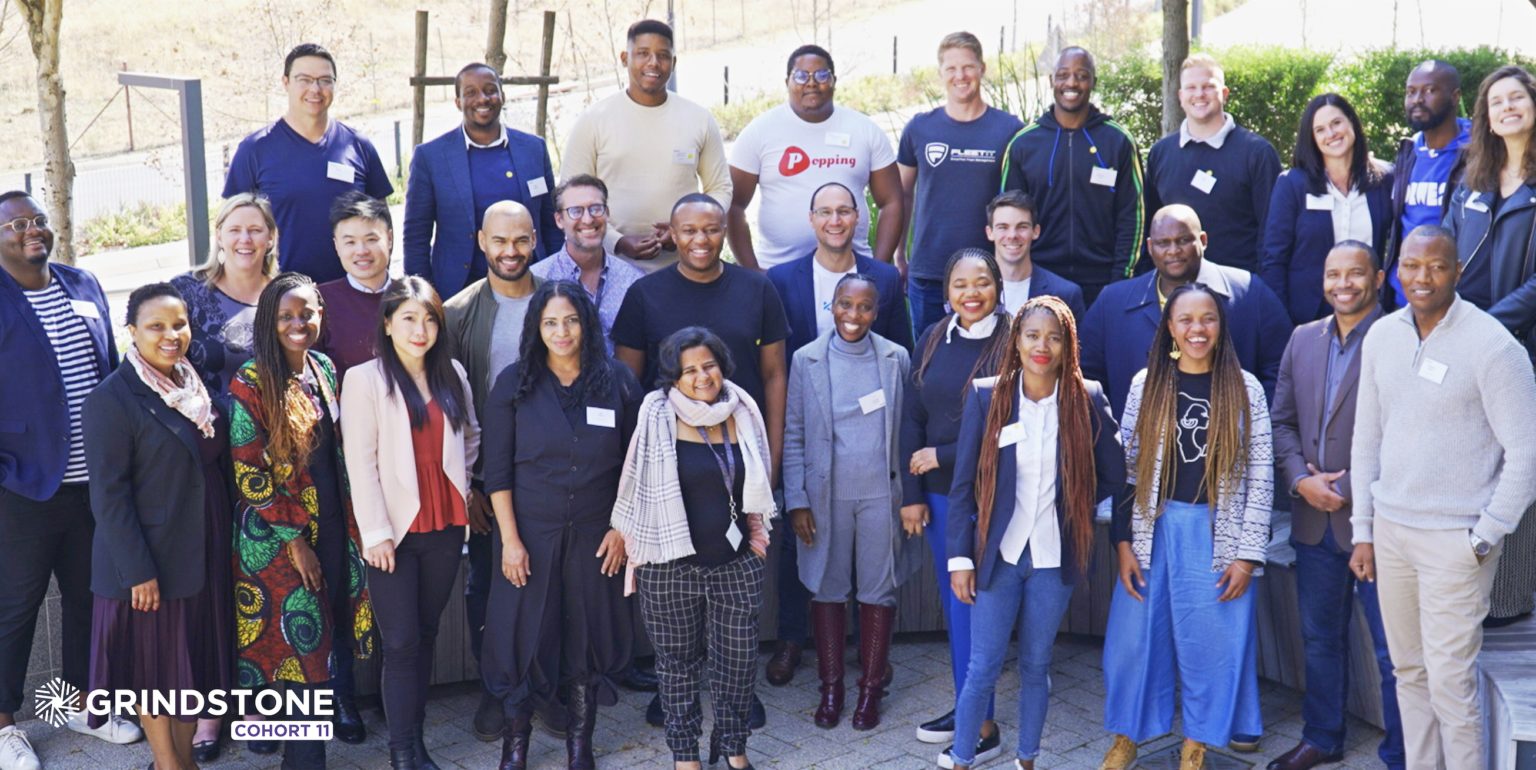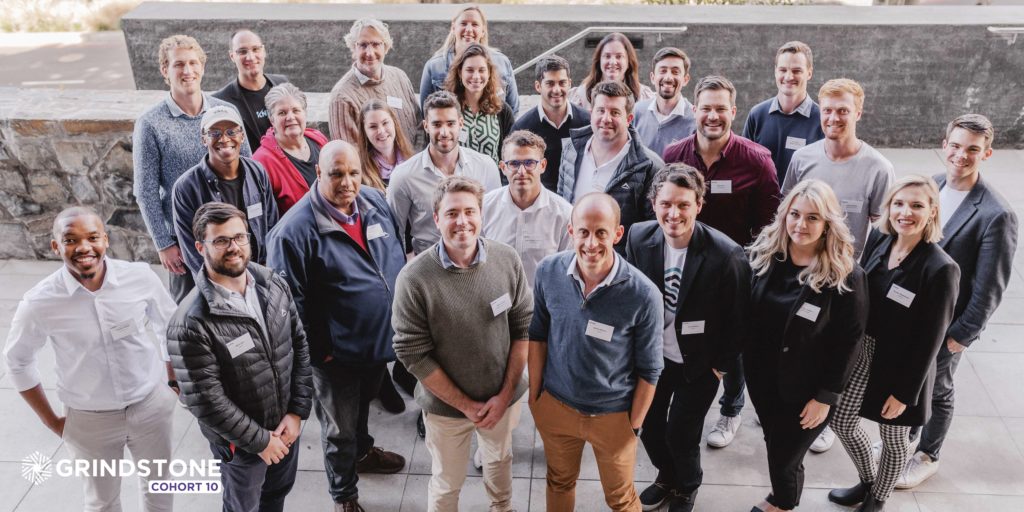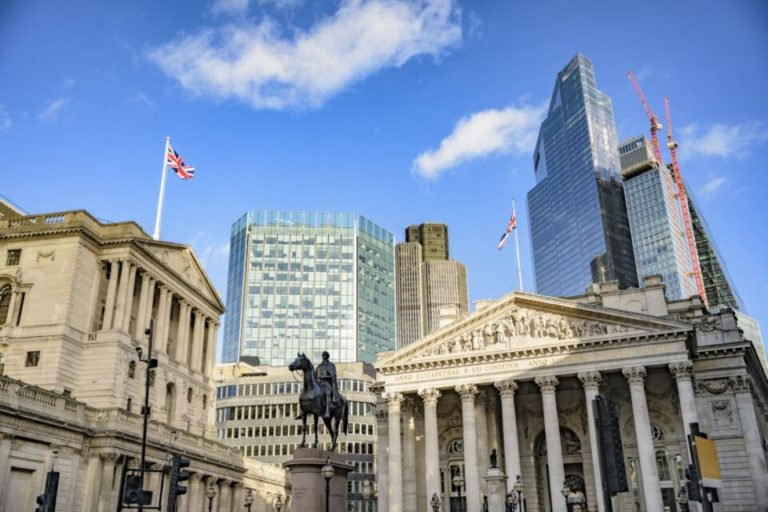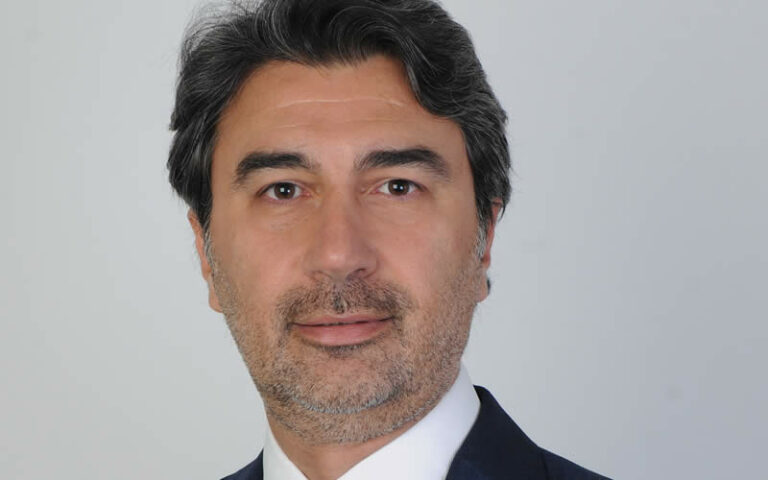Grindstone, South African Accelerator Unveils 2022/23 Cohorts

The 25 businesses that will participate in Grindstone’s year-long program, which helps high-growth, innovation-driven tech start-ups become more investable, sustainable, and exit-ready, have been announced. Grindstone is situated in Cape Town.
The program has two cohorts, one located in Cape Town and the other in Johannesburg, and it gives companies access to knowledge, networks, money, and markets.

The chosen companies will go through a thorough assessment of their strategy during the program and receive coaching from a variety of international resources, including some of the Grindstone alumni companies that have successfully scaled their operations.
Thinkroom Consulting, a company that supports SMEs in Africa, and Knife Capital, a venture capital investment firm, jointly own Grindstone. Will Green is the program director, and partners Andrea Böhmert, Catherine Young, and Keet Van Zyl are in charge of it. The SA SME Fund additionally supports the program.
Ketso Gordhan, CEO of the SA SME Fund, commented on the accelerator’s opening by saying that “Grindstone’s successful structured approach to engineering growth for startups has been proven time and time again, with the last cohort graduating with an average of 88% revenue growth and creating 52 new jobs over a nine-month period. As this program works to play a vital part in the expansion of the startup ecosystem and ultimately the economy as a whole, the SA SME Fund continues to actively support it.
36% of the businesses in the 2022–2023 cohort are owned by women, while 64% are black-owned. The number of full-time workers ranges from two to thirteen. Healthtech, artificial intelligence, edtech, finance, legaltech, mobility, proptech, mediatech, and insuretech are among the sectors in which the businesses operate.
Each of the 25 chosen companies has agreed to participate in the program by contributing a non-refundable investment of R38,000 (about $2300) to Grindstone’s GS Ventures, a women-led post-seed fund that backs startups with a focus on innovation.
Director Will Green commented on the program and emphasized the team effort it took to assist the founders of the chosen startups in scaling their businesses.
“This announcement [of the chosen companies] commemorates an ecosystem effort, in which many people participated at various points during the entrepreneurial journey of these individuals. For more than two years, I’ve collaborated directly with several of these entrepreneurs, and I’ll keep doing so. With this cohort, we have now directly helped 115 businesses. With a total of 25 enterprises, it is also our largest, with 14 from Gauteng, 10 from the Western Cape, and 1 from Kwazulu-Natal, he continued.
There are approximately 76 active accelerators and incubators in South Africa, according to statistics from Tracxn. Accelerators like Grindstone are a positive development for a nation with a rapidly expanding tech sector since they aid entrepreneurs in turning their ideas into workable and scalable enterprises.
Nnamdi Oranye, a tech ecosystem specialist, sums up this idea well in a message to IncAfrica: “Accelerators are increasingly playing an important role on the continent by giving entrepreneurs a haven to learn quickly, find product market fit, and scale. Our data is starting to hint at a relationship between receiving scale-up investment and participating in an accelerator. This is really encouraging for the African ecology.







